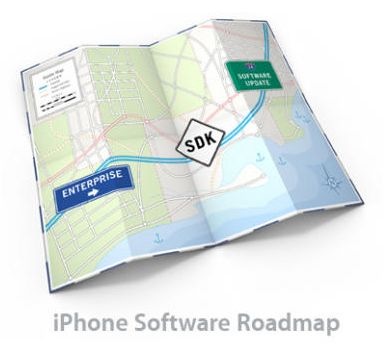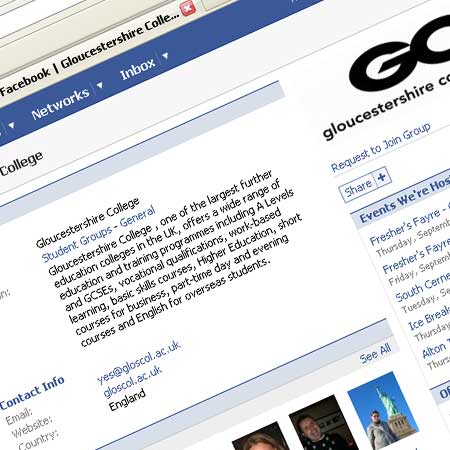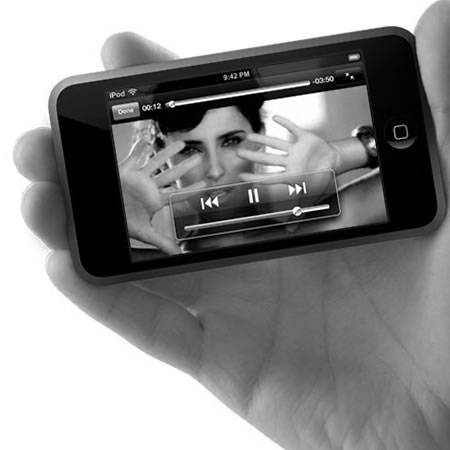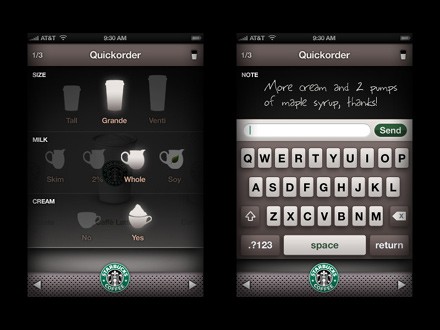As part of our Glossy Project (part of the MoLeNET programme) we are looking at the differences between learners using their own devices and the college providing devices.
One particular lecturer was interested in using PDAs with GPS capability. After difficulties in finding a suitable product, in the end I went for a “cheap and cheerful” product, the Acer C530, this is a Windows Mobile device with GPS capabilty built in (through a large external aerial).
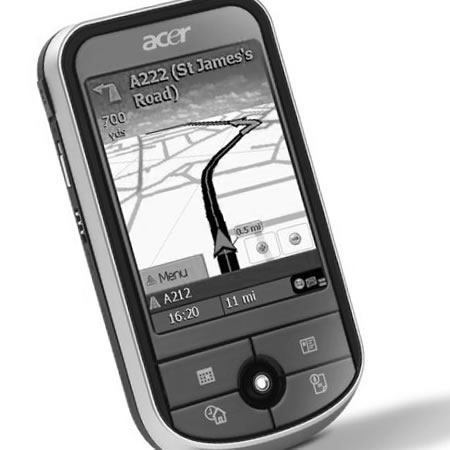
Summary of features
- 300MHz processor
- 64MB SDRAM / 128MB ROM
- 2.8 inch, TFT-LCD Touchscreen display with 320 x 240 QVGA resolution
- 108 x 58 x 16.8 mm / 122g
- Bluetooth® 1.2 / Wi-Fi®: IEEE 802.11 b/g
- Integrated SiRF Star III LP GPS receiver
- CoPilot 6 Navigation Software with Full Maps of UK, Ireland & Western Europe
- Microsoft Windows Mobile 5.0 operating system
- Full MS Office Mobile Suite
- Includes Window mount, AC & car charger, case
- EU map coverage: including UK and Ireland, Germany, Austria, Switzerland, France, Benelux, Italy, Scandinavia (up to 100% coverage), Spain and Portugal, Russia (detailed coverage in Moscow and St. Petersburg).
The key thing with this device is that it has a rather small screen for what is quite a bulky device.
I was impressed it came with Pocket TV which is a much better application for playing back video than the included Mobile Windows Media Player which comes as standard with Windows Mobile.
So far all I have really done with the device is charge it up (well once I remembered to put the battery in it).
I have not yet managed to get the GPS working, but I know that is because I am indoors and GPS can be so flaky when you are indoors. In a previous life I had a TomTom GPS unit I used with my Sony Ericsson P910i phone and that never worked until I took it outdoors.
It’s raining, so I am not going outside.
The problem with GPS is that it kills the battery fast, so it’s nice to see that the box comes with an included car charger (not that our learners will be using that) but also that it can be charged via USB.
As for expandability it comes with a SD card slot which means at least I am not going to need to find another different memory card format as I seem to be having to do with phones.
Alas it doesn’t have sound recording capability which would have been nice, but then at the price it was much cheaper than more powerful PDA GPS options, currently £176 at Amazon which includes VAT.



 Posted by James Clay
Posted by James Clay 